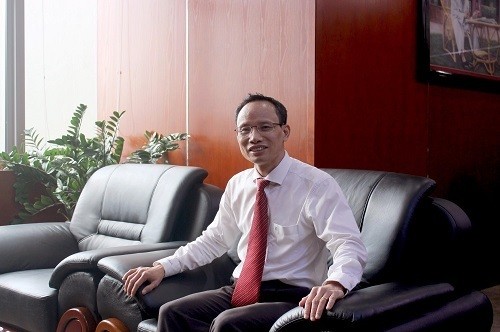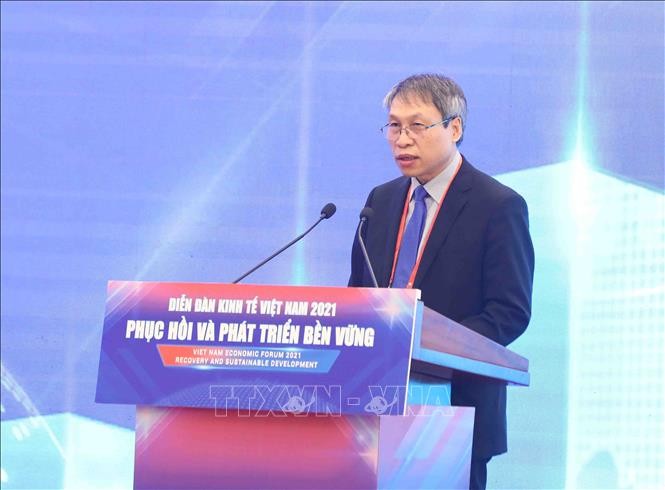(VOVWORLD) - Due to COVID-19 complications, Vietnam has flexibly adjusted its fiscal policy to help hard hit businesses and people. In addition to exemption, reduction, and delay of payment for taxes, land rents, fees, and charges, the Government has been designing many fiscal and monetary incentives to support national socio-economic recovery and development.
 Economist Dr. Can Van Luc (Photo: vnexpress) Economist Dr. Can Van Luc (Photo: vnexpress) |
Vietnam has effectively and flexibly implemented fiscal and monetary policies as well as other macro policies to recover from the pandemic and restore economic growth.
The National Assembly has issued resolutions, decisions, and plans for socio-economic development, budgetary finance, borrowing, payment of public debt, public investment, and economic restructuring until 2025.
At the second session of the 15th National Assembly, the Government was assigned to implement a master plan on COVID-19 prevention and control in order to safely and flexibly adapt to and effectively control of the pandemic and a master program of economic recovery and growth.
The Government was also asked to design fiscal and monetary policy packages to support the two programs.
Economist Dr. Can Van Luc said fiscal and monetary policies need to take into consideration aggregate supply and demand.
He underscored the importance of combining these policies. Luc said it’s necessary to use other tools to help credit institutions reduce loan interest rates another 0.5 to 1%, adding that there are two ways to support people and businesses - financial obligations and access to capital.
“We propose increased investment of about 6.6 million USD for key projects, raising the total of fiscal support packages to 12 million USD, equivalent to 3.41% of this year’s GDP. According to our estimates, this will represent a 2-percent growth,” said Luc.
Because the current socio-economic crisis is due to the COVID-19 pandemic, medical solutions remain the top priority and macroeconomic policies are still just supportive tools.
In the short term, the fiscal support package prioritizes spending on healthcare, social security, and business support.
In the long term, fiscal measures will gradually shift from direct to indirect support and from financial to institutional support.
Fiscal measures will also shift from supporting those affected by the pandemic towards promoting innovation, digital transformation, and green and sustainable growth.
Professor Dr. Nguyen Duc Khuong, Deputy Director for Research at IPAG Business School in Paris, called for creating an innovation ecosystem to increase productivity towards the goals of recovery and development.
Khuong said, “The Government and State support should focus on human resource training. It’s essential to adopt support packages to provide capital and share risk with businesses in order to help them realize action plans.”
“These plans should focus on dealing with challenges of better business models, digital transformation, homegrown service platforms, personnel training, and investment in technology and big data to better understand customers and access them more easily,” according to Khuong.
 Associate Professor Bui Quang Tuan, Director of the Vietnam Institute of Economics (Photo: VNA) Associate Professor Bui Quang Tuan, Director of the Vietnam Institute of Economics (Photo: VNA) |
Associate Professor Bui Quang Tuan, Director of the Vietnam Institute of Economics, says Vietnam is experiencing a golden period in developing a digital economy.
He suggests Vietnam promote digital transformation and establish an ecology for digital transformation and digital economy.
Tuan underlined the necessity “to strengthen material investment, investment in resources, and improve current institutions, which includes institution pilot plans that revolve around innovation, creativity, and scientists. We think it's time for drastic changes to adapt to current developments.”